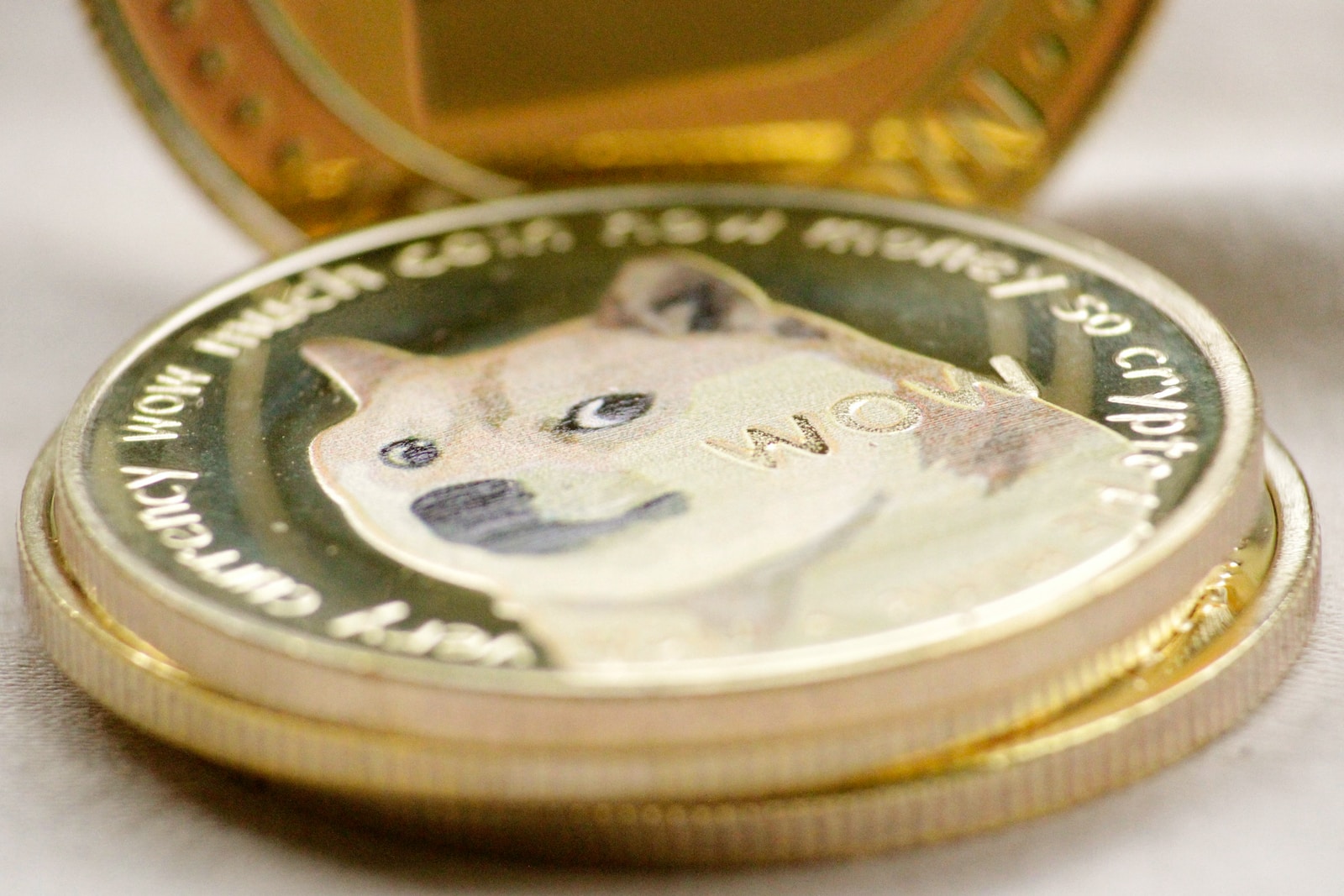Table of Contents
ToggleIntroduction
Elon Musk, the CEO of Tesla and SpaceX, recently made headlines for calling ESG (Environmental, Social, and Governance) “the devil.” ESG is a framework that evaluates companies’ social and sustainability standards. It scores publicly-listed companies based on their environmental, social, and governance practices. However, Musk highlighted a report showing tobacco stocks scoring more highly than Tesla in ESG ratings. In this article, we will explore why Musk thinks ESG is “the devil” and what it means for socially responsible investing.
What is ESG?
ESG is a set of standards meant to assess business practices in relation to sustainability and ethical concerns. It is a way for investors to evaluate companies based on their environmental, social, and governance practices. ESG ratings are determined by research firms like S&P Global and Morningstar. They often use a 1-to-100 ratings scale, with higher scores indicating better ESG performance. Companies with high ESG scores are considered to be good investments for socially responsible investors.
Why Does Musk Think ESG is “The Devil”?
Musk’s criticism of ESG stems from the fact that tobacco firms tend to receive higher ESG ratings than electric-vehicle maker Tesla. Musk highlighted a report that showed Tesla scoring only 37 out of 100 in S&P Global’s latest ESG rankings, while tobacco giant Philip Morris scored 84. The London Stock Exchange gave British American Tobacco an ESG rating of 94, and Tesla a more middling 65. Musk believes that this shows that ESG ratings are flawed and do not accurately reflect a company’s social contributions.
Critics of ESG argue that it encourages “greenwashing,” which is the practice of making a company’s environmental impact seem better than it actually is. They also argue that ESG fails to properly rate companies based on their social contributions. Musk’s criticism of ESG is part of a broader debate about the effectiveness of socially responsible investing.
What Does This Mean for Socially Responsible Investing?
Musk’s criticism of ESG highlights the challenges of socially responsible investing. While many investors want to invest in companies that are socially responsible, it can be difficult to determine which companies are truly making a positive impact. ESG ratings are one way to evaluate companies, but they are not perfect. As Musk’s example shows, companies that are doing good things for the environment may not necessarily score well on ESG ratings.
Investors who are interested in socially responsible investing should do their own research and look beyond ESG ratings. They should consider a company’s overall impact on society, including its environmental impact, social contributions, and governance practices. They should also look at a company’s financial performance and growth potential. Ultimately, socially responsible investing is about finding companies that are doing good things for the world and that have the potential to deliver strong returns.
Conclusion
Elon Musk’s criticism of ESG highlights the challenges of socially responsible investing. While ESG ratings are one way to evaluate companies, they are not perfect. Investors who are interested in socially responsible investing should do their own research and look beyond ESG ratings. They should consider a company’s overall impact on society, including its environmental impact, social contributions, and governance practices. Ultimately, socially responsible investing is about finding companies that are doing good things for the world and that have the potential to deliver strong returns.







